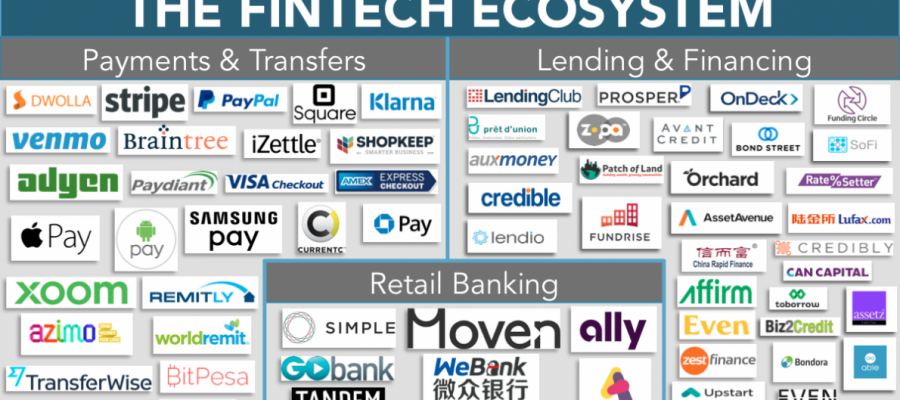Data science is an interdisciplinary field of study that aids in breaking down enormous and complex data to convert it to a usable form. It helps in the analysis of these data and the onset of efficient work with it. Therefore, it finds application in several fields.
In this article are some sectors that utilize data science.
Banking:
Data science is extensively used in banking. It has considerably improved the bank’s quality and working process. Banks have to access and analyze data like personal details and the monetary status of their customers in bulk. Operations using data science ensure satisfactory resource management.
It warrants efficient fraud detection, risk modeling, customer data management, and segregation, etc. The banks can evaluate data like customer cycles and investment patterns to offer several benefits to suit the customers. With data science, automation of the entire process is possible.
Banks apply risk modeling to assess their overall performance and determine the underlying factors that impede their performance. They structure machine learning algorithms in real-time and predictive analysis to improve data management and analytics strategies.
Transport:
The transportation sector enables the creation of a driver and customer-safe environment. It plays a vital role in vehicle performance optimization and grants superior autonomy to the drivers through reinforcement learning and the formulation of logistic routes. In the form of self-driving cars, automation has globally created a trend.
The sector can increase customer satisfaction through improvements predicted from extensive data analysis acquired from driver behavior and fuel consumption patterns. It can optimize delivery routes and allocate resources effectively by analyzing several variables like consumer location, economic status, profile, and logistics.
Similarly, transportation companies can also set a standard price for trips using powerful predictive tools.
Healthcare:
Its applications in the healthcare sector have significantly benefitted doctors, researchers, and patients. Analysis of medical images like CT scans, MRIs, X-rays, and so on have become effortless. Underlying ailment investigations in these body representations have also become uncomplicated because of image recognition tools.
With the advent of machine learning, early detection of cancerous growth and tumors is now feasible. It is possible to trace their origin and prevent their advancement to other body parts. Genomic science allows for the comprehension of defects in genetic structures by applying statistical techniques to genetic sequences.
Research has furthered the production of life-saving medicines and treatment methods. Scientists can also carry out extensive research on the effects of the medications on the body to formulate consumption-safe ones. The predictive analysis permits data scientists to predict the outcomes of various ailments when provided with the patient’s historical specifics.
Healthcare can apply Natural Language Processing (NLP) to create intelligent bots for accurately diagnosing the patients, suggesting cures, and answering queries.
E-Commerce:
Data science has enabled the E-Commerce sector to create suitable outreach plans by analyzing a potential customer base and predicting their services. Predictive and sentiment analysis help in the identification of popular products and styles and envisage their trends. Done with NLP, it ensures customer satisfaction through price optimization.
Collaborative and content-based filtering is applied to create an advanced recommendation system based on each customer’s prior purchases and preferences.
E-commerce uses it to detect frauds among the merchant circle and in wire transfers.


